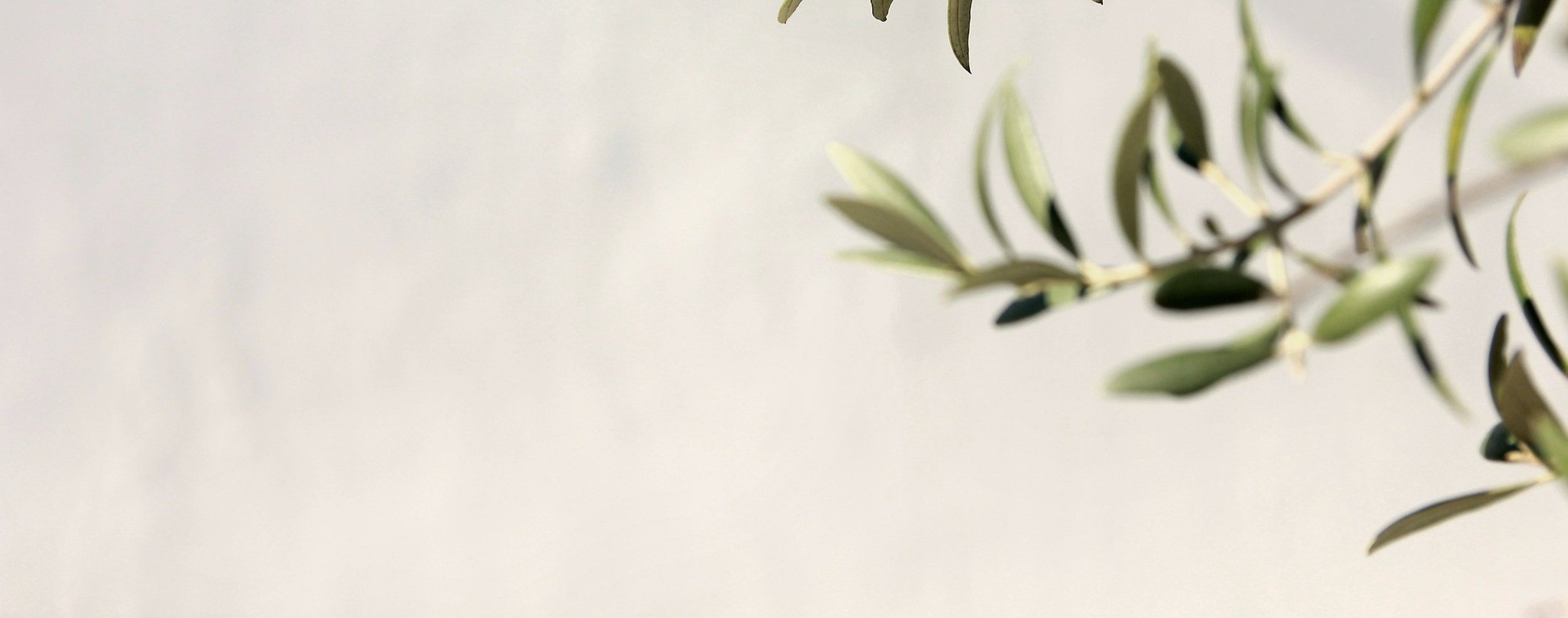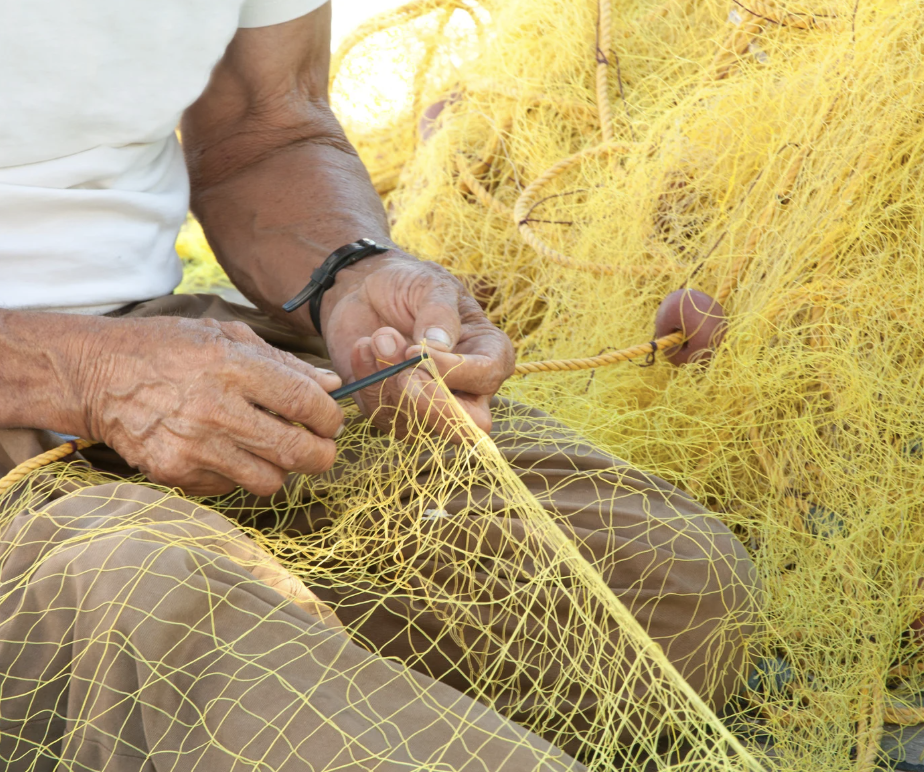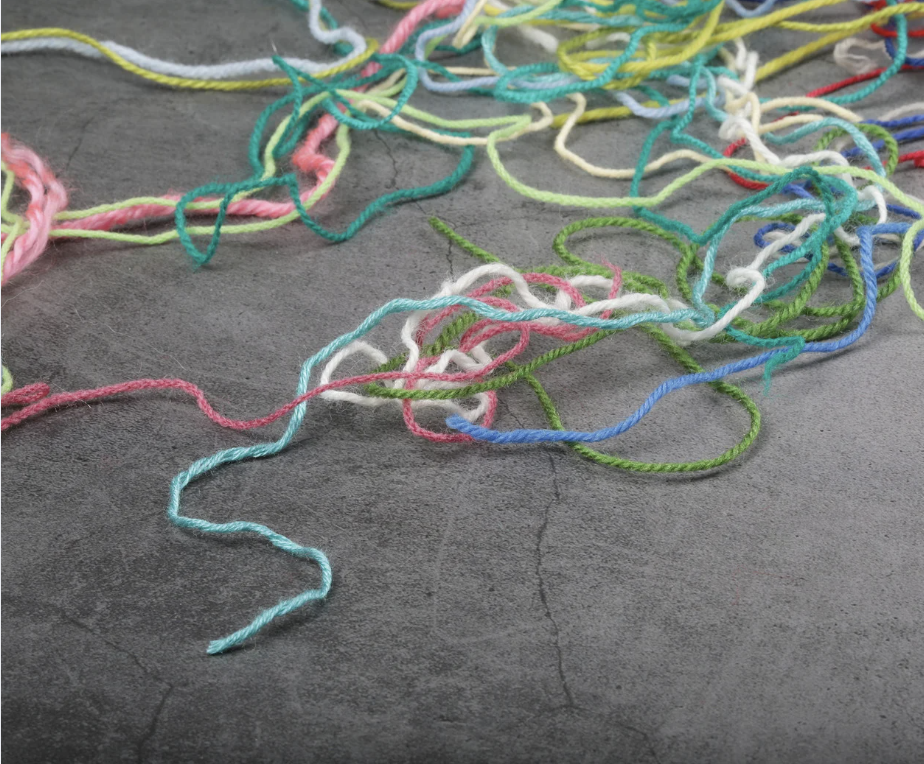
These are notes from the inside — of leadership, of change, of staying whole in the face of systems that often ask us not to be. The Olive Pages is where care and clarity meet, one reflection at a time.
The Olive Pages
Fieldnotes on care, clarity and staying whole.

Toxic Leadership in Humanitarian Spaces
Harmful leadership practices erode trust and damage culture. This piece names toxic patterns and offers pathways toward accountability.
“Toxic leadership doesn’t just break trust — it breaks people.”

Relational Repair Is System Change
Healing relationships inside organizations doesn’t just improve morale — it transforms systems. We explore how trust repair can reshape cultures.
“Trust isn’t rebuilt through words. It’s rebuilt through patterns.”

How Leaders Can Support the Humanitarian Reset
Systemic change can’t succeed without leaders who are willing to take responsibility. Here’s how to create meaningful impact during a reset.
“Leadership during the reset is about responsibility, not rescue.”

Leading Inside the Reset
Periods of systemic upheaval demand a different kind of leadership. Learn how to navigate instability without losing values or vision.
“The humanitarian reset isn’t a threat. It’s an invitation to lead differently.”

Trauma-Informed Organizations: Culture, Systems & the Future of Staff Well-being
Humanitarian organizations don’t become trauma-informed through slogans, policies, or campaigns. They become trauma-informed through how people experience the system…in decisions, communication, change processes, and the way leaders handle the hard moments. This post explores what a trauma-informed organization feels like and why system care, not individual resilience, must shape the future of staff well-being in a sector already carrying so much.
“Trauma-informed systems don’t erase the difficulty of humanitarian work, they simply refuse to become another source of harm.”

What Trauma-Informed Leadership Looks Like in Practice
Trauma-informed leadership isn’t therapy, it’s the steady, grounded, human way of leading that people in humanitarian work have always deserved. It looks like clarity instead of confusion, repair instead of avoidance, and boundaries that honor dignity rather than distance. In this post, we explore how trauma-informed leadership shows up in everyday moments…in tone, communication, decision-making, and the small signals that shape how safe (or unsafe) people feel at work.

What We Carry: The Invisible Weight of Humanitarian Work
Humanitarian work asks more of people than most will ever see. Much of what staff carry stays invisible… the grief, the moral injury, the exhaustion, the pressure to be “fine.” This is why a trauma-informed approach to leadership and organizational care is essential. Not because people are fragile, but because they’re human…and the weight of this work deserves to be met with steadiness, dignity, and compassion.

Trauma-Informed Isn’t Therapy, It’s Leadership
Humanitarian work changes us. It leaves people carrying stress, grief, and moral injury that often go unseen. Trauma-informed leadership isn’t about therapy or lowering expectations…it’s about clarity, steadiness, and leading in a way that doesn’t add harm. It’s leadership rooted in reality, and it matters now more than ever.

Rebuilding Cultures of Care After Organizational Rupture
When trust has been broken, the road back is long but possible. This article maps the steps to rebuilding integrity, care, and culture after harm.
“Care isn’t how you prevent harm. It’s how you respond when it’s already happened.”

What Happens After the Breaking Point?
After burnout or collapse, there’s a fragile, vital moment of possibility. Here’s how to rebuild a life and work practice that’s truly sustainable.
“Burnout breaks what was never sustainable. What you build next can be.”

Why Organizational Change Feels Like Grief
Restructures and role changes can trigger deep emotional responses. We unpack why change so often feels like loss — and how to navigate it with honesty and care.
“You’re not resisting change. You’re grieving what’s been taken.”

Moral Injury in Humanitarian Work
When our work forces us to act against our values, the harm runs deep. We look at moral injury, its warning signs, and what can be done to address it.
“Moral injury happens when our work violates our values…and no one names it.”

World Mental Health Day: Access to Services in Catastrophes and Emergencies
For humanitarian and non-profit staff, emergencies rarely end. This World Mental Health Day reminds us that access to services must mean more than availability — it must mean safety, trust, and the courage to reach for help in the midst of catastrophe.
"Access to care begins with permission to speak."

The Ethics of Staff Well-being
Staff care is not a nice-to-have, it’s a moral imperative. Here’s why organizations must treat well-being as a justice and rights-based issue.
“Care is not a perk. It’s an ethical obligation.”

The Cost of Being the Strong One at Work
Being the person everyone leans on comes at a hidden cost. This piece looks at the emotional and physical toll of carrying the weight for others in challenging environments.
“Sometimes the strongest ones are the most alone.”

Grief, Loss, and the Human Cost of Change
Beyond strategy and timelines lies an often-unspoken reality: loss. This article brings forward the quieter, more personal dimensions of organizational transformation.
“Grief is what happens when we lose something that mattered, even if no one else noticed.”

World Suicide Prevention Day: Changing the Narrative
On World Suicide Prevention Day, the theme Change the Narrative feels deeply personal. I’ve walked through depression myself and lost loved ones to suicide. Changing the narrative here means modeling humanity in the midst of humanitarian work: naming depression, burnout, and despair as real…and treatable. It means creating cultures where people can ask for help without fear that their credibility, role, or future will be put at risk.
"Changing the narrative means replacing silence with empathy, and shame with connection."

Mental Health at Work Is More Than Self-Care
Workplace mental health is about more than individual coping strategies. It’s about systems, structures, and shared responsibility for psychological safety. Self-care alone won’t fix a system that causes harm.
“It’s not your job to survive a system that refuses to adapt.”

When Resilience Isn’t Resilience
Resilience isn’t always strength. Sometimes it’s survival in disguise. What looks like resilience is often just survival. This post explores the difference—and why it matters in humanitarian work.
“Resilience isn’t always strength. Sometimes it’s survival in disguise.”

“Quick Fix Culture” and the Leaders Who Keep It Alive
When leaders prioritize optics over care, staff pay the price. Let’s talk about how quick fixes undermine well-being, and how we change the pattern.
"You can’t build a culture of care while rewarding the behaviors that erode it."
